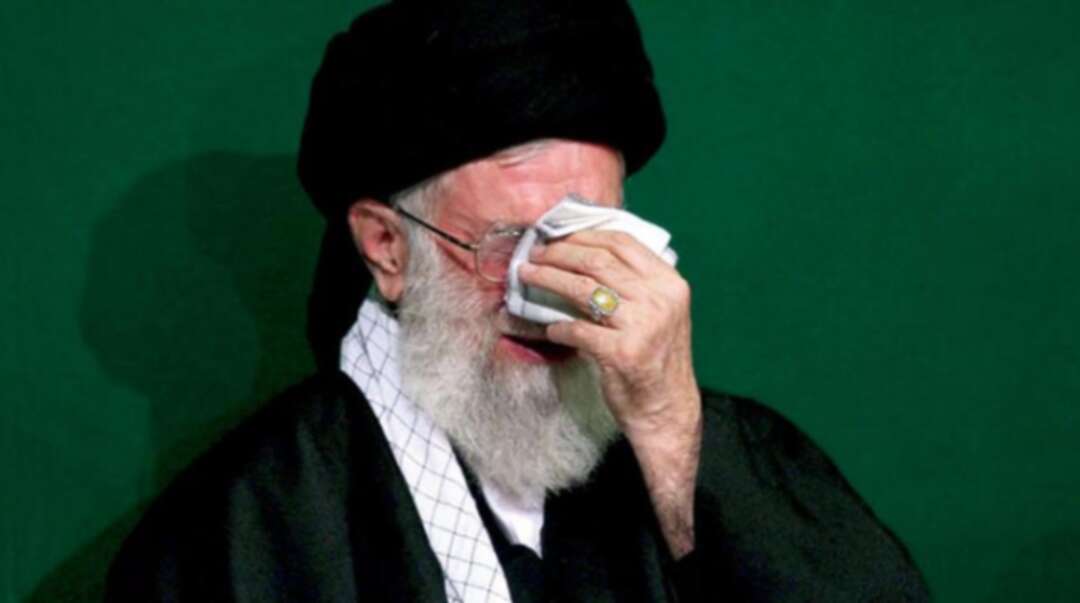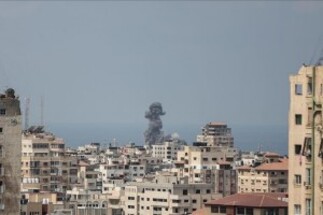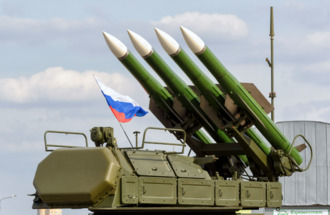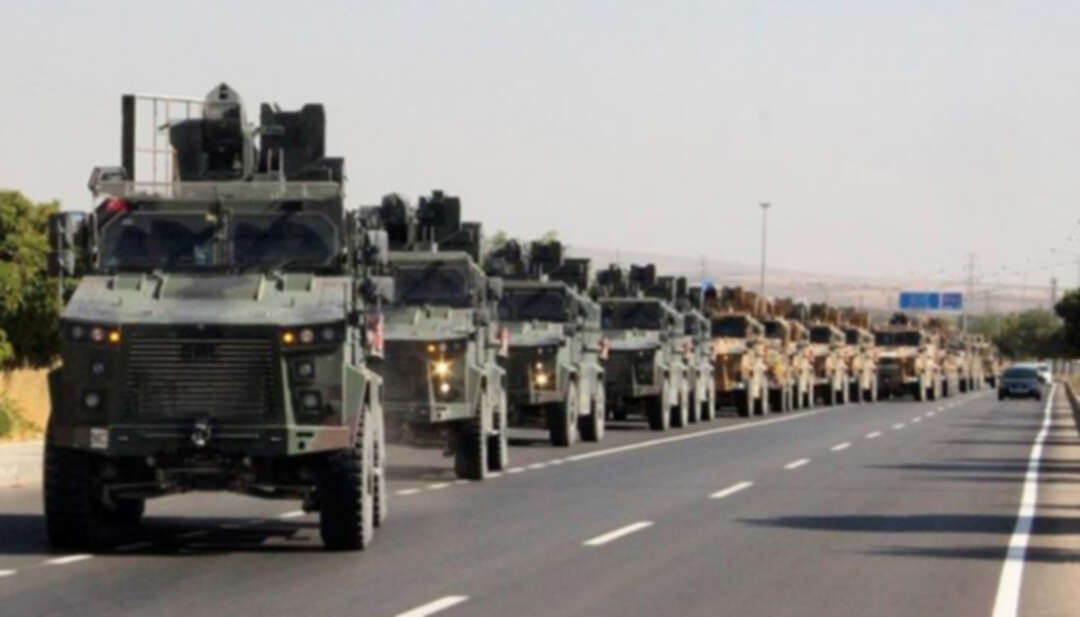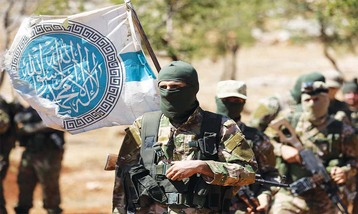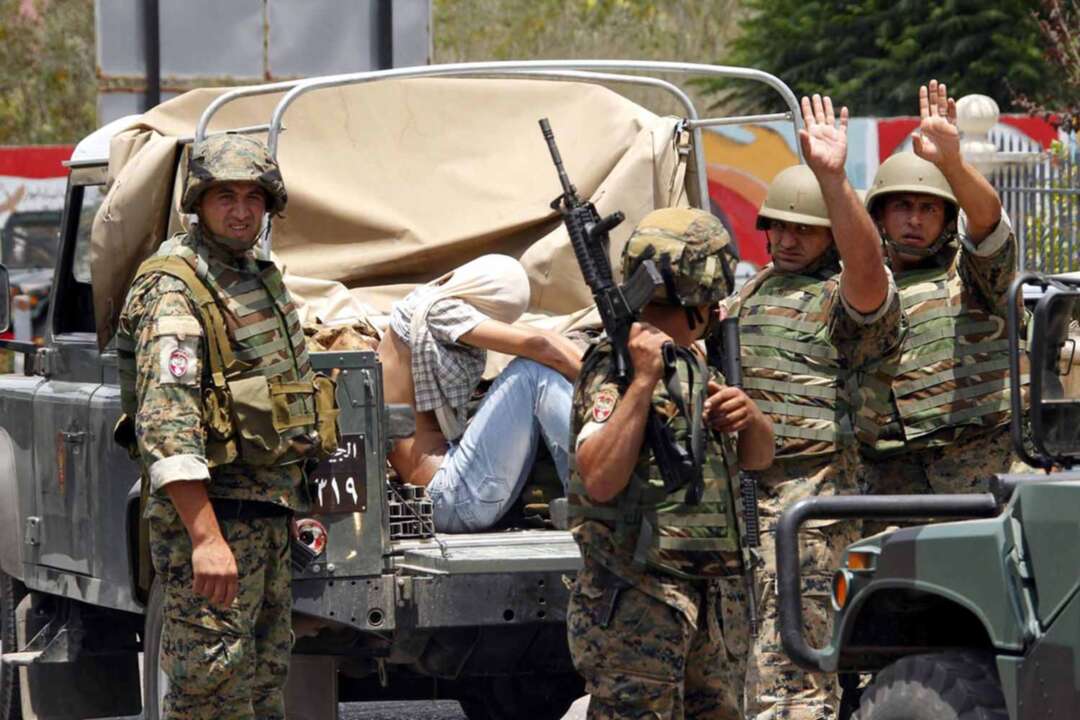-
China says 'urgent' need for medical equipment as virus toll tops SARS
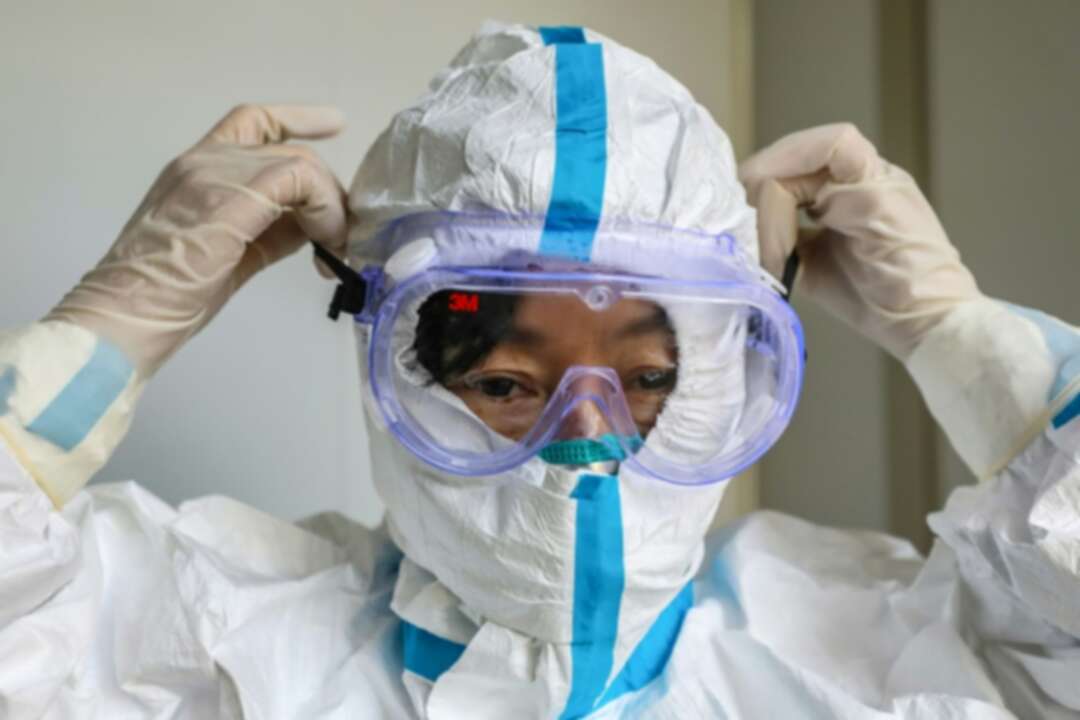
China said Monday it urgently needed medical equipment and surgical masks as the death toll from a new coronavirus jumped above 360, making it more deadly than the SARS crisis nearly two decades ago.
The 57 new deaths confirmed Monday was the single-biggest daily increase since the virus was detected late last year in the central city of Wuhan, where it is believed to have jumped from animals at a market into humans.
The virus has since spread to more than 24 countries despite many governments imposing unprecedented travel bans on people coming from China.
The World Health Organization has declared the crisis a global health emergency, and the first foreign death from the virus was confirmed in the Philippines on Sunday.
"What China urgently needs at present are medical masks, protective suits, and safety goggles," foreign ministry spokeswoman Hua Chunying told a press briefing.
Authorities in provinces that are home to more than 300 million people -- including Guangdong, the countries most populous -- have made it compulsory to wear masks in public to contain the virus.
But factories capable of producing around 20 million masks a day are only operating at between 60 and 70 percent of capacity, industry department spokesman Tian Yulong said, adding that supply and demand remained in "tight equilibrium" as a result of the Lunar New Year break.
Tian said authorities were taking steps to bring in masks from Europe, Japan, and the US, while the foreign ministry said countries including South Korea, Japan, Kazakhstan, and Hungary had donated medical supplies.
All but one of the 57 new deaths reported Monday were in Wuhan and the rest of Hubei province, most of which has been under lockdown for almost two weeks.
The national death toll reached 361 -- exceeding the 349 mainland fatalities from the Severe Acute Respiratory Syndrome (SARS) outbreak of 2002-03.
The number of infections also jumped significantly, passing 17,200.
SARS, caused by a pathogen similar to the new coronavirus and also originated in China, killed 774 people -- with most other deaths in Hong Kong.
The virus is having an increasingly heavy economic impact, shutting down businesses across China, curbing international travel and impacting production lines of major global brands.
The Shanghai stock market plunged almost eight percent Monday on the first day of trading since the holiday as investors played catch-up with last week's global retreat.
In Wuhan, which has been transformed from a bustling industrial hub into a near-ghost town, residents have been living in deep fear of catching the virus.
The city's medical facilities have been overwhelmed, with state news agency Xinhua reporting Monday that 68 medical teams of 8,300 staff had been sent to Hubei.
And amid mounting pressure, the government has been racing to build two new hospitals to treat the infected.
The first of those, a 1,000-bed facility, was due to open on Monday, just 10 days after construction began.
About 1,400 military medics will treat patients at the hospital, dubbed "Fire God Mountain", according to state media.
However, with the death toll surging in Wuhan and other areas of Hubei, it was not immediately clear what overall impact the hospitals would have on containing the epidemic.
The eastern industrial city of Wenzhou, 800 kilometers (500 miles) to the east, was placed under a similar lockdown to Wuhan on Sunday and its nine million people ordered to stay indoors.
The emergence of the virus coincided with the Lunar New Year when hundreds of millions travel across the country for family reunions.
Originally scheduled to end last Friday, the holiday was extended by three days to give authorities more time to deal with the crisis.
But some major cities -- including Shanghai -- extended it again, and many schools and universities have delayed the start of new terms.
Road traffic on Sunday, when hundreds of millions of people would have been expected to return to their cities of work, was down 80 percent, the transport ministry said.
Train journeys were down 74 percent last year, according to Xinhua, and plane trips a fifth.
Many companies offered staff the option to work from home or defer travel, or simply remained closed.
Even the foreign ministry opted to hold a digital online version of its daily press briefing Monday.
The G7 countries -- Canada, France, Germany, Italy, Japan, Britain, and the United States -- have all confirmed cases of the virus.
The US, Australia, New Zealand, and Israel have banned foreign nationals from visiting if they have been in China recently, and they have also warned their citizens against traveling there.
Many nations have evacuated hundreds of their citizens from China -- with some forcing them into quarantine on their return -- and more airlines are canceling services to the mainland.
The foreign ministry Monday criticized the US for being the first to evacuate nationals without providing "substantial assistance" to China.
The US actions had caused "panic", said spokeswoman Hua Chunying.
Mongolia, Russia, and Nepal have closed their land borders, while semi-autonomous Hong Kong announced Monday it was closing all but two land crossings.
source: AFP
Tags
You May Also Like
Popular Posts
Caricature
Syrians' concerns now
- December 10, 2024
Syrians' concerns now #Syria
#Bashar_al-Assad
#Liberation_of_Syria
#Syrians
#Future_of_Syria
#Levant_News

opinion
Report
ads
Newsletter
Subscribe to our mailing list to get the new updates!

